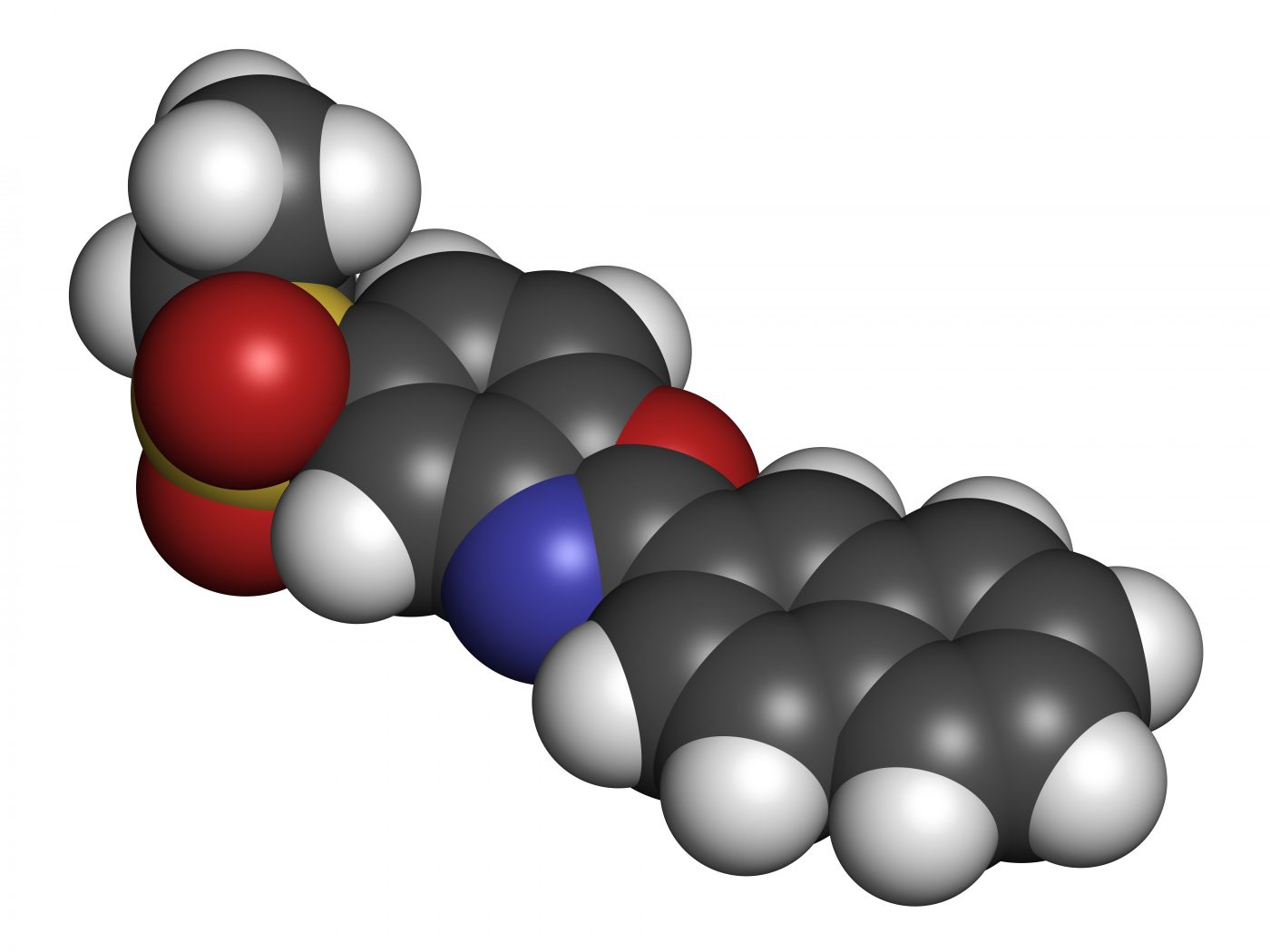Ezutromid Reduces Muscle Damage in DMD Patients, Interim Data of Phase 2 Trial Shows
Written by |

Ezutromid significantly reduced muscle damage in patients with Duchenne muscular dystrophy (DMD) after 24 weeks of treatment in a Phase 2 trial, Summit Therapeutics recently announced.
DMD is a severe type of muscular dystrophy caused by the absence of dystrophin, a protein crucial to the healthy functioning of muscles.
Ezutromid, Summit’s lead therapy candidate to treat DMD, is an orally administered, small molecule that modulates utrophin, a protein that is functionally and structurally similar to dystrophin.
Utrophin is involved in the early development of muscle fibers, after which it is replaced by dystrophin. Muscle damage induces the production of utrophin and developmental myosin, which are involved in the early mechanisms of muscle repair. Developmental myosin is used as a biomarker of muscle damage.
Preclinical studies have shown that continuous production of utrophin had a positive effect on muscle performance, suggesting that it may serve as a functional substitute for dystrophin.
The Phase 2 PhaseOut DMD trial (NCT02858362) is an ongoing study that aims to investigate the effectiveness and safety of ezutromid in boys with DMD for a total of 48 weeks. It will also compare F6 and F3 formulations of ezutromid to determine which version will be used in future clinical trials.
The proof-of-concept study enrolled 40 boys between 5 and 10 years of age from the United States and Great Britain. Patients were divided to receive one of the two formulations of ezutromid twice a day.
At 24-weeks, muscle damage and utrophin protein were measured through muscle biopsies. Muscle biopsies were taken before treatment, and 24 patients had their second biopsy after 24 weeks of treatment. The remaining patients will have their second one by the end of the study (48 weeks).
Muscle damage was significantly reduced after 24 weeks, based on a 23% decrease in the levels of developmental myosin, compared with baseline. The decrease of developmental myosin was observed in about 64% of patients (14 patients), with five of them showing more than 40% reduction.
Utrophin protein levels had increased 7% after 24 weeks, compared with before treatment.
“The significant reduction in muscle damage coupled with the increase in utrophin expression seen in PhaseOut DMD trial patients at 24 weeks is very encouraging,” Francesco Muntoni, MD, and the trial’s principal investigator, said in a press release.
“It suggests ezutromid may slow the relentless cycle of muscle fibre degeneration and regeneration that is a hallmark of DMD,” Muntoni added.
The data also showed that both formulations of ezutromid are being well tolerated, and no difference in treatment responses were observed between them so far.
“These data provide the first evidence of utrophin modulation working in patients. If further findings build on this evidence they could establish ezutromid as a universal, disease-modifying treatment and bring hope to all patients and families living with DMD,” Kay Davies, co-founder of Summit, said.
Detailed results of the mid-stage trial are expected to be presented at scientific and medical conferences, and final results from the 48-week trial are expected to be reported in the third quarter of 2018.
All participants have the opportunity to enroll in an extension phase, expected to last until ezutromid receives marketing approval.
A randomized, placebo-controlled trial, is being planned by Summit to support the accelerated, conditional regulatory approvals of ezutromid in the U.S. and European Union.





